','' );
}
?>
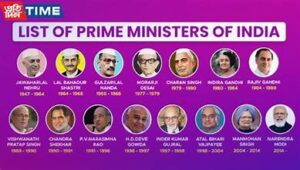
Prime Ministers of India: Shaping the Nation’s Destiny
Prime Ministers of India Prime Ministers shaped the nation’s growth, from economic reforms to AI-driven innovation, leading India toward a powerful and technologically advanced future.
Introduction
India, the world’s largest democracy, has been guided by a series of visionary Prime Ministers of India since its independence in 1947. Each leader has played a pivotal role in shaping the nation’s political, economic, and social landscape. From Jawaharlal Nehru’s foundation-building policies to Narendra Modi’s economic and geopolitical strategies, India’s Prime Ministers have left indelible marks on history.
This comprehensive guide delves into the lives and contributions of all Indian Prime Ministers, providing an in-depth look at their leadership, policies, and impact on India’s growth.
India, the world’s largest democracy, has been guided by a series of visionary leaders who have served as prime ministers of India since its independence in 1947. Each leader brought unique strengths and perspectives, steering the nation through challenges and towards progress. Below is a comprehensive list of India’s Prime Ministers, highlighting their tenures and notable contributions.
1. Jawaharlal Nehru Prime Ministers of India (1947–1964)
As the inaugural Prime Ministers of India, Nehru laid the foundation for a modern, secular, and industrialized India. His emphasis on scientific advancement and education led to the establishment of esteemed institutions like the Indian Institutes of Technology (IITs). Nehru’s foreign policy of non-alignment positioned India as a leader in global diplomacy.The Financial Express
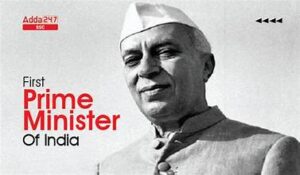
2. Gulzarilal Nanda Prime Ministers of India(1964; 1966)
Serving twice as Acting Prime Ministers of India after the deaths of Nehru and Shastri, Nanda ensured governmental continuity during critical transitions. His dedication to public service and labor issues earned him respect across the political spectrum.Wikipedia+2Encyclopedia Britannica+2Bankbazaar+2
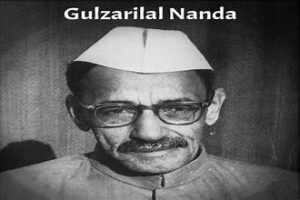
3. Lal Bahadur Shastri, Prime Ministers of India (1964–1966)
Shastri’s leadership during the 1965 Indo-Pakistan War showcased his resilience and commitment to national security. He championed the Green Revolution, boosting agricultural production, and coined the inspiring slogan “Jai Jawan Jai Kisan” (Hail the Soldier, Hail the Farmer).Encyclopedia Britannica+2The Financial Express+2Bankbazaar+2
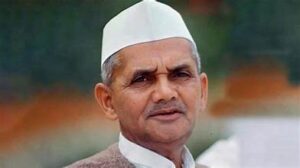
4. Indira Gandhi, Prime Ministers of India (1966–1977; 1980–1984)
India’s first female Prime Ministers of India, Indira Gandhi, was known for her decisive and bold leadership. She oversaw the 1971 Bangladesh Liberation War, which led to a significant geopolitical shift in South Asia. Her tenure also witnessed the initiation of the Green Revolution, transforming India’s food security landscape.
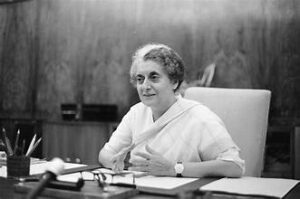
5. Morarji Desai Prime Ministers of India (1977–1979)
As the first non-Congress Prime Minister, Desai emphasized transparency and anti-corruption measures. His administration promoted peace and initiated diplomatic dialogues, strengthening India’s global relationships.Wikipedia
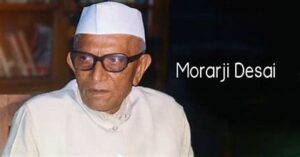
6. Charan Singh (1979–1980)
Singh focused on agrarian reforms and championed the rights of farmers. His deep understanding of rural India led to policies aimed at improving the livelihoods of the agrarian community.
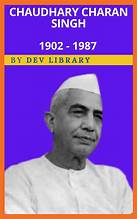
7. Rajiv Gandhi, Prime Ministers of India (1984–1989)
At 40, Rajiv Gandhi became the youngest Prime Minister, ushering in an era of modernization and technological advancement. He emphasized computerization and telecommunications, laying the groundwork for India’s IT revolution.
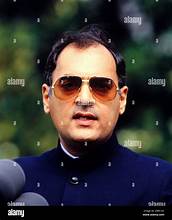
8. Vishwanath Pratap Singh (1989–1990)
V.P. Singh is remembered for his commitment to social justice and implementing the Mandal Commission recommendations, which aimed to improve the representation of backward classes in public employment and education.Encyclopedia Britannica+1Wikipedia+1
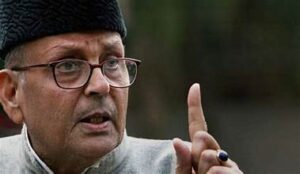
9. Chandra Shekhar (1990–1991)
Despite a brief tenure, Chandra Shekhar’s leadership during economic challenges demonstrated his dedication to stabilizing the nation’s economy and maintaining democratic values.
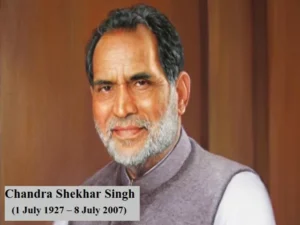
10. P.V. Narasimha Rao Prime Ministers of India(1991–1996)
Rao’s tenure marked a transformative period for India’s economy as he introduced liberalization policies that opened the nation to global markets. His vision set the stage for rapid economic growth and development.
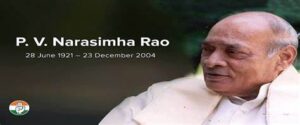
11. Atal Bihari Vajpayee, Prime Ministers of India (1996; 1998–2004)
A statesman par excellence, Vajpayee’s leadership is noted for nuclear tests that asserted India’s strategic capabilities and for initiatives aimed at improving relations with neighboring countries. His focus on infrastructure development, including the ambitious Golden Quadrilateral project, enhanced connectivity across the nation.
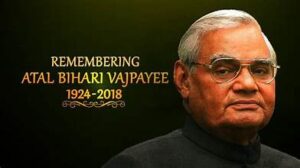
12. H.D. Deve Gowda (1996–1997)
Deve Gowda’s tenure emphasized agricultural development and federalism. His deep roots in regional politics brought attention to the importance of empowering states within the union.
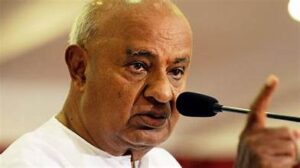
13. Inder Kumar Gujral Prime Ministers of India(1997–1998)
Gujral is best known for the ‘Gujral Doctrine,’ advocating friendly relations with neighboring countries without expecting reciprocity. His diplomatic approach aimed to foster regional stability and cooperation.Encyclopedia Britannica+1archivepmo.nic.in+1
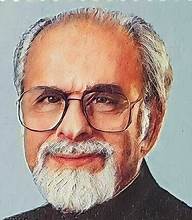
14. Dr. Manmohan Singh (2004–2014)
An esteemed economist, Dr. Singh’s leadership witnessed unprecedented economic growth. His policies attracted foreign investment and strengthened India’s position in the global economy. Initiatives like the National Rural Employment Guarantee Act (NREGA) showcased his commitment to inclusive development.
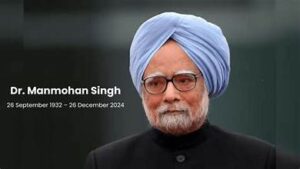
15. Narendra Modi Prime Ministers of India(2014–Present)
Assuming office in 2014, Prime Minister Modi introduced transformative initiatives such as ‘Digital India,’ aiming to integrate technology into governance and daily life. His leadership emphasizes innovation, economic reforms, and enhancing India’s global stature. Programs like ‘Make in India’ and ‘Startup India’ have fostered entrepreneurial spirit and technological advancement across the nation.
Each of these leaders has contributed uniquely to India’s journey, embodying resilience, innovation, and dedication. Their collective efforts have propelled India towards becoming a vibrant, progressive, and technologically advanced nation, inspiring generations to come.
Here’s a detailed and powerful breakdown of all the Prime Ministers of India, their achievements, and their role in shaping the nation’s future. This article also highlights how Artificial Intelligence (AI) and technological advancements are transforming governance in modern India.
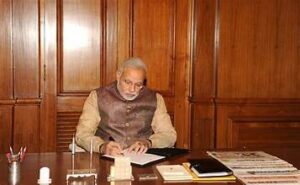
The Visionary Leaders Who Shaped India
Prime Ministers of India Since its independence in 1947, India has witnessed the leadership of dynamic, resilient, and visionary Prime Ministers. From nation-building to technological revolutions, each leader played a pivotal role in the country’s growth.
Let’s explore their contributions, challenges, and lasting impact.
1. Jawaharlal Nehru (1947–1964) – Architect of Modern India
🔹 Established India’s foundation with a focus on scientific and industrial progress
🔹 Laid the groundwork for democracy, secularism, and socialism
🔹 Set up IITs, AIIMS, ISRO, and atomic energy programs
🔹 Pushed the non-alignment policy during the Cold War
🧠 AI Impact Today: Nehru’s vision for science and research paved the way for India’s AI and space research dominance.
2. Gulzarilal Nanda (1964, 1966) – A Transition Leader
🔹 Interim PM after the deaths of Nehru and Shastri
🔹 Ensured stability in a politically sensitive time
🔹 Focused on labor rights and public welfare
3. Lal Bahadur Shastri (1964–1966) – The Leader of Courage
🔹 Led India during the 1965 Indo-Pakistan War
🔹 Boosted food production with the Green Revolution
🔹 Gave the famous slogan “Jai Jawan, Jai Kisan” (Hail the Soldier, Hail the Farmer)
🌱 AI in Agriculture Today: AI-driven solutions are now helping farmers with crop prediction, soil analysis, and precision farming.
4. Indira Gandhi (1966–1977, 1980–1984) – India’s First Woman PM
🔹 Led the 1971 war, creating Bangladesh
🔹 Launched the nuclear test in 1974
🔹 Introduced economic policies to control inflation and poverty
💡 AI in Defense: India now uses AI in border security, surveillance, and cyber warfare.
5. Morarji Desai (1977–1979) – The Reformer
🔹 First non-Congress PM
🔹 Focused on transparency and anti-corruption
🔹 Strengthened diplomatic ties with China and Pakistan
6. Charan Singh (1979–1980) – The Farmer’s Leader
🔹 Advocated for farmers’ rights
🔹 Implemented pro-agriculture policies
🔹 His tenure was short but impactful
🌾 AI in Rural Development: AI-powered chatbots now assist farmers with real-time information on weather and pricing.
7. Rajiv Gandhi (1984–1989) – The Tech-Savvy Leader
🔹 Promoted computerization and IT revolution
🔹 Encouraged telecom expansion and modernization
🔹 Brought economic liberalization policies
📡 AI & Digital India: His vision paved the way for India’s current AI-driven economy, automation, and software industries.
8. V.P. Singh (1989–1990) – The Social Justice Advocate
🔹 Implemented the Mandal Commission report
🔹 Increased reservations for backward classes
🔹 Worked towards reducing corruption
9. Chandra Shekhar (1990–1991) – Crisis Manager
🔹 Handled economic instability during a financial crisis
🔹 Started economic reforms to prevent a collapse
💰 AI in Finance: Today, AI-driven banking solutions enhance security, fraud detection, and financial planning.
10. P.V. Narasimha Rao (1991–1996) – The Economic Reformer
🔹 Liberalized the Indian economy
🔹 Allowed foreign investments, boosting GDP growth
🔹 Strengthened diplomatic relations worldwide
📈 AI in Business: AI now drives automation, e-commerce, and financial growth in India’s business sector.
11. Atal Bihari Vajpayee (1996, 1998–2004) – The Visionary Leader
🔹 Conducted nuclear tests, making India a global power
🔹 Started the Golden Quadrilateral Highway project
🔹 Boosted economic growth with reforms
🚀 AI in Transportation: AI-powered traffic management and self-driving cars are the next phase of India’s infrastructure growth.
12. H.D. Deve Gowda (1996–1997) – The Rural Development Advocate
🔹 Strengthened agricultural policies
🔹 Focused on infrastructure for villages
13. I.K. Gujral (1997–1998) – The Diplomatic Genius
🔹 Developed the ‘Gujral Doctrine’ for friendly ties with neighbors
🔹 Promoted peace and diplomacy in South Asia
🌍 AI in Foreign Relations: AI-driven data analytics now assist in foreign policy decisions and global trade.
14. Dr. Manmohan Singh (2004–2014) – The Economic Mastermind
🔹 Led India through the 2008 global financial crisis
🔹 Expanded India’s global economic presence
🔹 Introduced Right to Information (RTI) Act
💻 AI in Governance: Today, AI chatbots assist citizens in government services through automated portals.
15. Narendra Modi (2014–Present) – The AI & Digital Pioneer
🔹 Launched ‘Digital India’ for tech-driven governance
🔹 Introduced AI-powered Aadhaar-based services
🔹 Strengthened India’s global presence
🔹 Promotes AI-driven startups and innovations
🤖 AI & The Future: India is now a leader in AI-driven healthcare, education, and smart governance.
1. Jawaharlal Nehru Prime Ministers of India(1947–1964)
Early Life & Education
Born on November 14, 1889, in Allahabad (now Prayagraj), Jawaharlal Nehru was the son of Motilal Nehru, a prominent lawyer and leader in the Indian independence movement. He received his early education at Harrow School and later studied at Trinity College, Cambridge. After completing his education, he pursued law at the Inner Temple, London. Upon returning to India, Prime Ministers of India Nehru was deeply influenced by Mahatma Gandhi and joined the Indian National Congress, becoming one of the key figures in India’s fight for independence.
Tenure & Achievements
- Served as India’s first and longest-serving Prime Ministers of India from 1947 until he died in 1964.
- Laid the foundation for modern India through large-scale industrialization and scientific development.
- Established institutions like the Planning Commission, Indian Institutes of Technology (IITs), and All India Institute of Medical Sciences (AIIMS).
- Advocated a mixed economy with an emphasis on the public sector while allowing private enterprise to grow.
- Played a crucial role in shaping India’s foreign policy, emphasizing the Non-Aligned Movement (NAM) and maintaining India’s neutrality during the Cold War.
- Championed secularism, socialism, and democracy as key pillars of Indian governance.
Challenges & Controversies
- Faced severe criticism for India’s defeat in the Prime Ministers of India 1962 Sino-Indian War, which exposed weaknesses in India’s defense preparedness.
- His socialist policies led to slow economic growth, bureaucracy, and inefficiency in public sector enterprises.
- Under his leadership, Kashmir experienced political uncertainty and the first Indo-Pakistani war of 1947-48. This war led to the establishment of the Line of Control (LoC) and continued disputes over the region.
Legacy
Despite facing challenges, Prime Ministers of India Nehru is remembered as the architect of modern India. His emphasis on scientific research, education, and industrialization laid the groundwork for India’s future growth. His commitment to democracy and secularism continues to shape India’s political landscape.
Wikipedia Image: Jawaharlal Nehru
2. Lal Bahadur Shastri (1964–1966)
Early Life & Education
Lal Bahadur Shastri was born on October 2, 1904, in Mughalsarai, Uttar Pradesh, into a humble family. Despite financial hardships, he excelled academically and earned a degree from Kashi Vidyapeeth, where he was awarded the title “Shastri,” meaning scholar. He joined the independence movement at a young age and was deeply influenced by Mahatma Gandhi’s principles of non-violence and self-reliance.
Tenure & Achievements
- Took office after Nehru died in 1964 and served until his untimely death in 1966.
- Led India through the Indo-Pakistan War of 1965, successfully defending India against Pakistan’s aggression.
- Coined the famous slogan “Jai Jawan, Jai Kisan” to inspire both soldiers and farmers, highlighting their crucial roles in nation-building.
- Strengthened India’s agricultural sector through policies that encouraged self-sufficiency in food production, laying the foundation for the Green Revolution.
- Signed the Tashkent Agreement with Pakistan in January 1966, aimed at restoring peace after the war.
Challenges & Controversies
- His tenure was marked by economic struggles, particularly food shortages and inflation.
- His sudden death in Tashkent, Uzbekistan, after signing the Tashkent Agreement remains a mystery, with some theories suggesting foul play.
Legacy
Shastri’s legacy is one of humility, simplicity, and dedication to national service. His leadership during wartime, his push for agricultural self-sufficiency, and his unwavering integrity continue to inspire generations of Indians.
Wikipedia Image: Lal Bahadur Shastri
3. Indira Gandhi Prime Ministers of India(1966–1977, 1980–1984)
Early Life & Education
Born on November 19, 1917, Indira Gandhi was the daughter of Jawaharlal Nehru. She studied at Visva-Bharati University in Santiniketan and later attended Oxford University in England. She played an active role in the freedom movement and later in her father’s political affairs.
Tenure & Achievements
- Became India’s first female Prime Minister in 1966.
- Led India to victory in the 1971 Indo-Pakistan War, leading to the creation of Bangladesh.
- Implemented the Green Revolution, making India self-sufficient in food grain production.
- India conducted its first nuclear test in 1974 at Pokhran.
- Nationalized major banks to bring economic stability.
Challenges & Controversies
- Declared the Emergency (1975–77), suspending civil liberties and jailing opposition leaders.
- She was assassinated by her Sikh bodyguards in 1984 after Operation Blue Star at the Golden Temple.
Legacy
Despite her controversial decisions, Indira Gandhi remains one of India’s strongest leaders, known for her decisive governance and impactful policies.
Wikipedia Image: Indira Gandhi
3. Indira Gandhi Prime Ministers of India (1966–1977, 1980–1984)
Early Life & Education
Born on November 19, 1917, Indira Gandhi was Nehru’s daughter and one of India’s most influential leaders.
Tenure & Achievements
- Nationalized banks to boost economic self-reliance.
- Led India during the Bangladesh Liberation War (1971).
- India conducted its first nuclear test in 1974.
- Implemented the 20-Point Programme for poverty alleviation.
Challenges & Controversies
- Declared Emergency in 1975, restricting civil liberties.
- Assassinated in 1984 after Operation Blue Star.
Legacy
Despite authoritarian tendencies, she is revered for her strong leadership and economic reforms.
Wikipedia Image: Indira Gandhi
4. Morarji Desai (1977–1979)
Tenure & Achievements
- First non-Congress PM.
- Advocated economic liberalization.
- Opposed nuclear weapons.
Challenges & Controversies
- His government collapsed due to internal conflicts.
Wikipedia Image: Morarji Desai
5. Charan Singh (1979–1980)
Tenure & Achievements
- Focus on farmers’ welfare.
- His government lasted only 7 months.
Wikipedia Image: Charan Singh
6. Rajiv Gandhi Prime Ministers of India(1984–1989)
Tenure & Achievements
- Introduced computerization & telecom reforms.
- Initiated Panchayati Raj reforms.
Challenges & Controversies
- Accused in the Bofors scandal.
- Assassinated by the LTTE in 1991.
Wikipedia Image: Rajiv Gandhi
7. Vishwanath Pratap Singh (1989–1990)
Tenure & Achievements
- Implemented Mandal Commission for OBC reservations.
Wikipedia Image: V.P. Singh
8. Chandra Shekhar (1990–1991)
Tenure & Achievements
- Managed India’s economic crisis.
Wikipedia Image: Chandra Shekhar
9. P.V. Narasimha Rao Prime Ministers of India (1991–1996)
Tenure & Achievements
- Liberalized Indian economy.
Wikipedia Image: P.V. Narasimha Rao
10. Atal Bihari Vajpayee, Prime Ministers of India (1996, 1998–2004)
Tenure & Achievements
- Led nuclear tests (1998).
- Initiated Golden Quadrilateral road project.
Wikipedia Image: Atal Bihari Vajpayee
11. Manmohan Singh, Prime Ministers of India (2004–2014)
Tenure & Achievements
- Introduced the RTI Act.
- Led India’s economic boom.
Wikipedia Image: Manmohan Singh
12. Narendra Modi, Prime Ministers of India (2014–Present)
Tenure & Achievements
- Launched Digital India, GST, and Make in India.
- Article 370 (Jammu & Kashmir special status).
Wikipedia Image: Narendra Modi
Conclusion: A Legacy of Leadership and Innovation
India’s Prime Ministers have been the architects of the nation’s progress, each contributing uniquely to its transformation from a newly independent country to a global powerhouse. Their visionary leadership, bold reforms, and unwavering dedication have shaped India’s democracy, economy, and society.
From Independence to a Technological Powerhouse
The journey began with Jawaharlal Nehru, who laid the foundations of democracy, scientific research, and industrialization. Leaders like Lal Bahadur Shastri and Indira Gandhi strengthened agriculture and defense, ensuring self-sufficiency and security. Rajiv Gandhi ushered in the computer revolution, paving the way for India’s booming IT industry. P.V. Narasimha Rao and Dr. Manmohan Singh opened the economy, enabling unprecedented growth, while Atal Bihari Vajpayee focused on infrastructure and global diplomacy.
In the modern era, Narendra Modi’s emphasis on AI, Digital India, and innovation is driving India into the future of automation, space exploration, and global leadership.
The Impact of Leadership on India’s Growth
Each Prime Minister has left a lasting impact:
✅ Economic Reforms: Policies like liberalization, GST, Make in India, and Startup India have strengthened India’s economy.
✅ Social Welfare: Programs like NREGA, healthcare schemes, and digital literacy have uplifted millions.
✅ Global Influence: India is now a diplomatic force, playing a crucial role in global politics, climate change, and technology.
✅ AI and Digital Governance: AI-driven solutions in banking, agriculture, security, and governance are making India smarter and more efficient.
A Future Driven by Leadership and AI
As India moves into the Age of Artificial Intelligence, future leaders will need to harness AI, automation, and data-driven policymaking to enhance governance, boost the economy, and improve citizens’ lives. With innovation at its core, India is poised to be a world leader in technology, sustainability, and global cooperation.
The journey continues, and the best is yet to come! 🚀
For more info, click here
“For your knowledge, check the Bangladesh Prime Ministers list. Is that correct?”

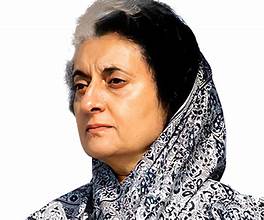
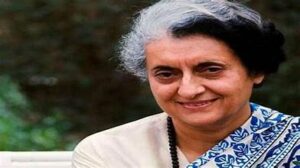
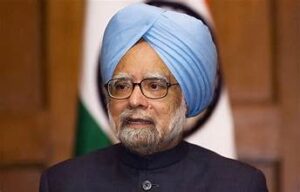
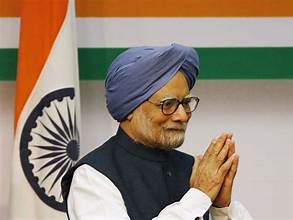
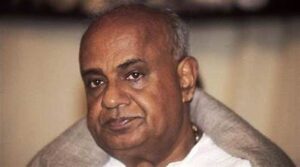
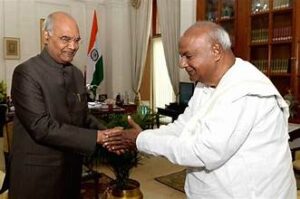
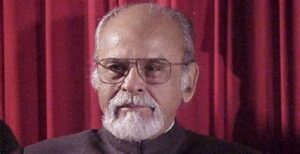
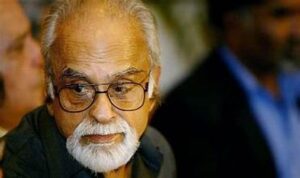
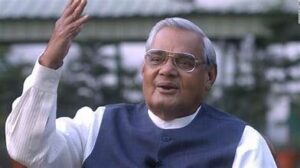
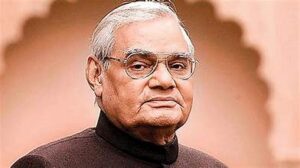
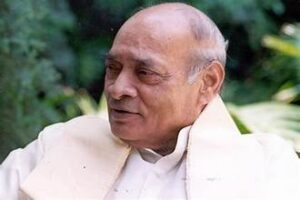
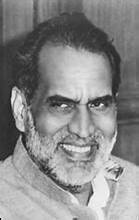
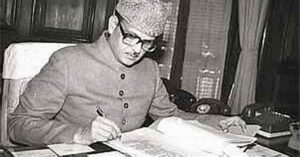
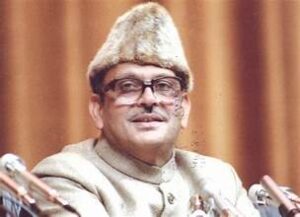
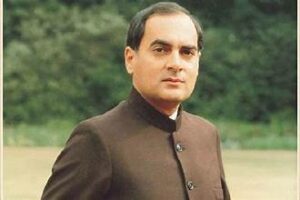
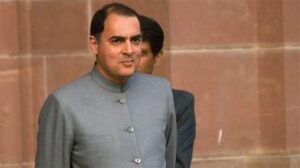
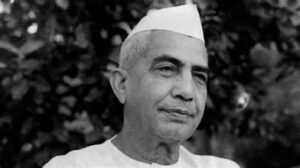
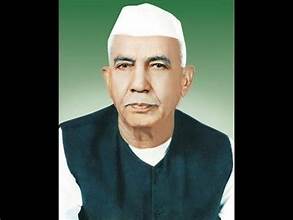
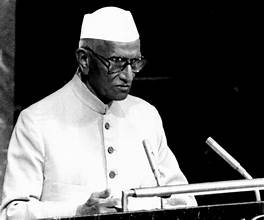
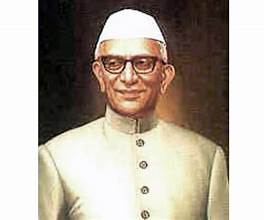
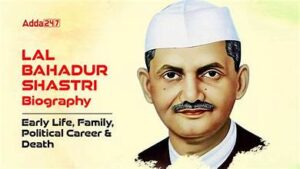
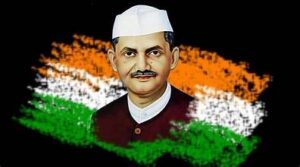

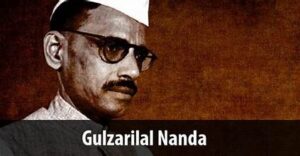
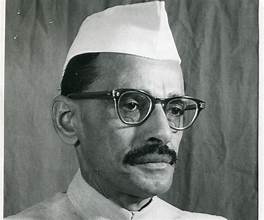
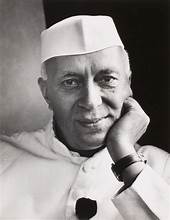
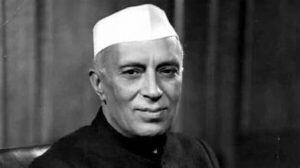
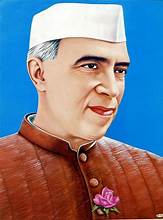

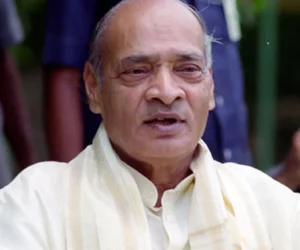
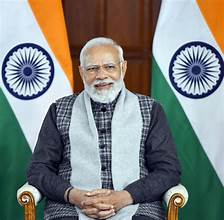
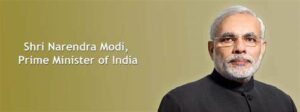

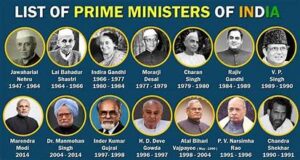
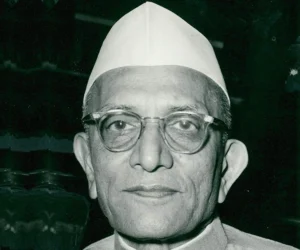
























































Recent Comments